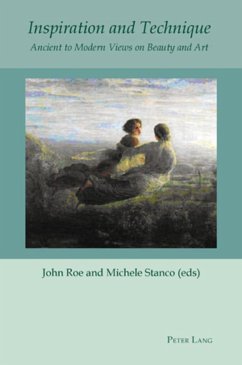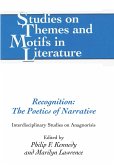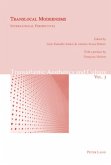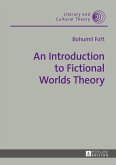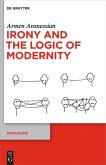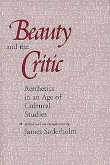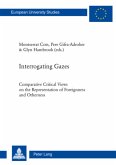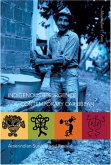While Plato extols inspired poetry (as opposed to poetry produced by means of technique), Aristotle conceives of poetry only in terms of technê. Underlying the opposition between inspiration and technique are two different approaches to 'form': inspiration is concerned with the impression of ideas or forms within the poet's psyche (the author's forma mentis), whereas technique deals with the transposition of the artist's idea into the material form of the work (the forma operis). This dual view of form, and of its complex relation to matter, may be said to lie at the basis of a dual approach to aesthetic issues - a psychological and a textual one. Taking their cue from this opposition, the essays gathered here explore some of the most momentous phases in the history of aesthetics, from Graeco-Roman philosophy and oratory to Renaissance poetry and literary criticism, from neoclassical poetics to Romantic and Victorian views on inspired visions, to recent issues in neuroaesthetics,philosophy of art and literary linguistics. In so doing, they collectively point to the irremediable and continuing dualism of a critical tradition that has alternately emphasized the ideal elements of beauty and the material constituents of art.
«This book is ambitious in scope, and, whilst structured around the central polarity of inspiration and technique, incorporates discussion of some of the most fundamental concerns of aesthetic theory. It brings into focus the persistence of questions about the genesis of art and its evaluation, and shows how variously such questions have been interpreted at different periods and in different texts. But above all it demonstrates the fundamental importance of Plato and Aristotle in the history of Western thinking about art.» (Penelope Murray, British Journal of Aesthetics)

